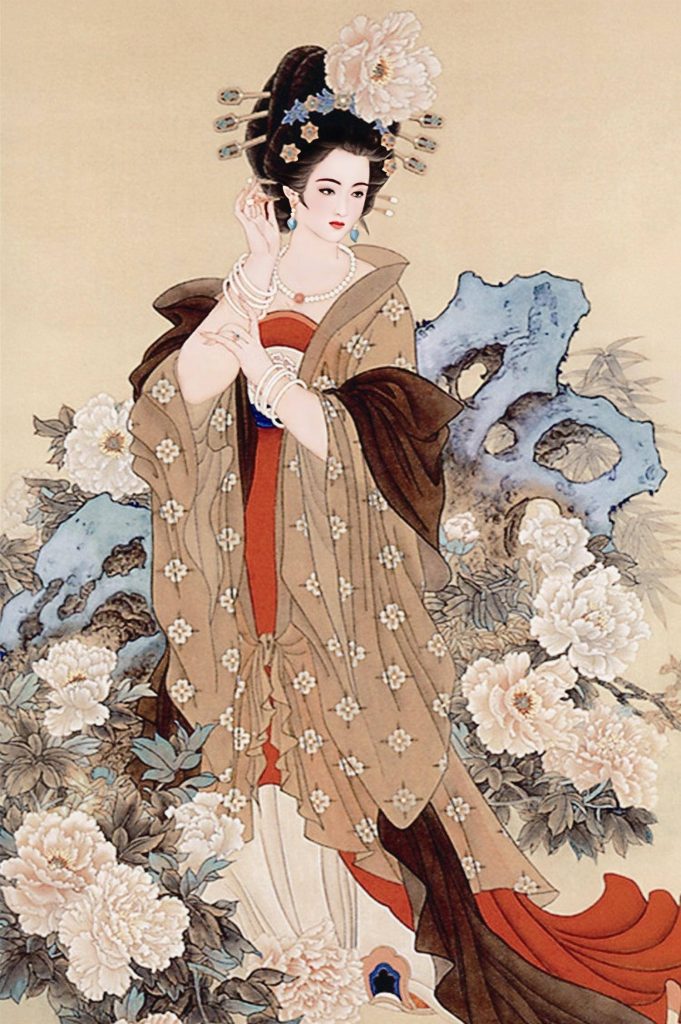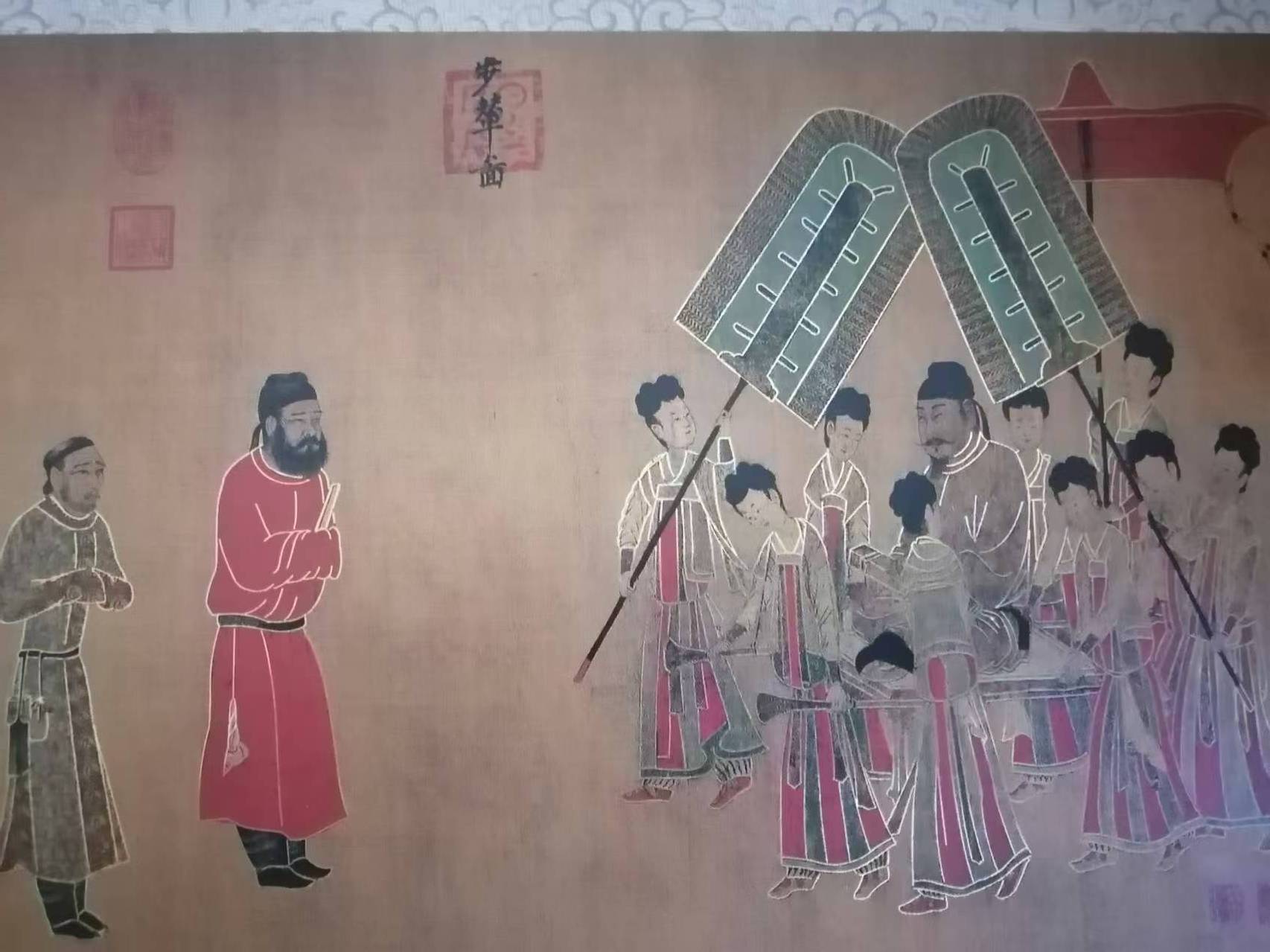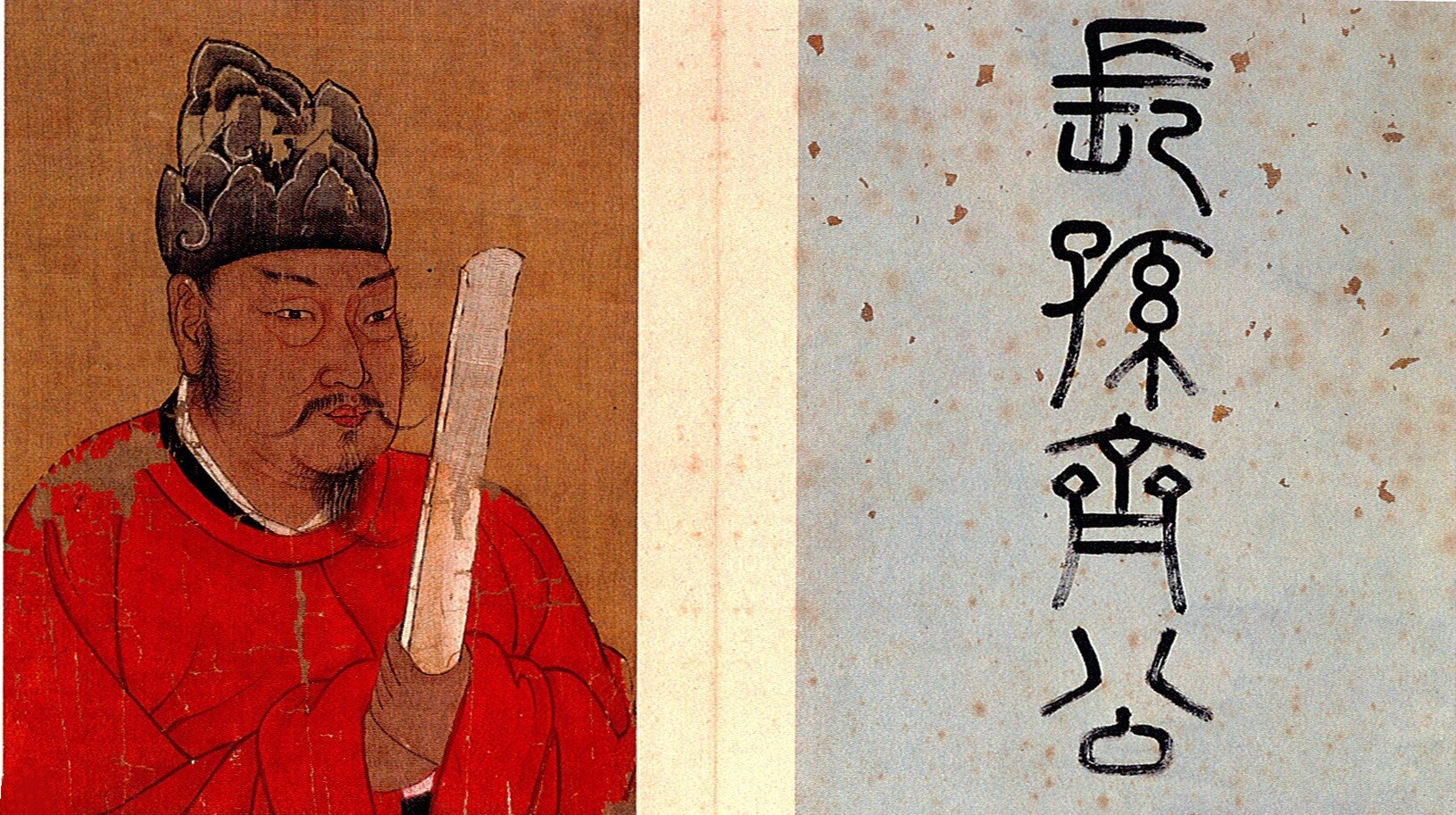For those who are interested in the defeat of Li Zicheng, the History Encyclopedia editor brings a detailed article for your reference.

There are many ways in which Li Zicheng, the leader of the expedition, died. A more authoritative explanation is that when he retreated to Jiugong Mountain in Tongcheng, Hubei, he was killed by local peasant armed forces. Many people may wonder why Li Zicheng died in Hubei when he was defeated at Shanhaiguan and did not defend Beijing or Xi’an?
To understand this problem, we need to combine maps to sort out Li Zicheng’s retreat route.
On April 21, 1644, Li Zicheng led the main force of the peasant army to attack the surrendered and rebellious Wu Sangui’s troops stationed at Shanhaiguan, which were at a critical stage of the battle. At this time, the Qing army was planning to enter the pass, and Wu Sangui immediately joined forces with the Qing army to attack Li Zicheng under the banner of retaliating for his father. Li Zicheng was defeated and returned home.

On April 26th, Li Zicheng led his remaining troops to retreat to Beijing. Three days after proclaiming himself emperor in Beijing, he began to retreat. As for why Li Zicheng did not deploy defenses in Beijing, a major reason should be that Beijing at that time had no defense capabilities. Otherwise, in late March, Li Zicheng would not have easily captured Beijing.
Li Zicheng’s retreat direction must have been Xi’an, which is the city with the longest capital in Chinese history. Of course, that was before the Tang Dynasty, and Xi’an’s strategic position declined after the Middle Ages. However, the Guanzhong region centered around Xi’an is an easy place to defend, especially the several passes that firmly hold the gate of Guanzhong. During the Warring States period, the six countries’ armies were united vertically and horizontally, and every time they attacked Guanzhong, they would stop moving forward. This is also the reason.
Moreover, in Li Zicheng’s values of life, his golden nest and silver nest are not as good as his grass nest in Xi’an. When retreating, Li Zicheng divided his troops into two routes, one from Shanxi into Xi’an and the other from Henan into Xi’an.
But what Li Zicheng did not expect was that the Qing army, together with the Ming army, chased after the peasant army like crazy dogs. The peasant army was defeated all the way, and by October of that year, the Qing army began to attack the Guanzhong region in two directions. One was led by Wu Sangui and others from Datong, and the other was from Henan to attack Tongguan, attempting to invade Guanzhong.
The strategic value of Tongguan is self-evident. Upon hearing of the Qing army’s attack, Li Zicheng hastily led his troops to reinforce. Although the peasant army resisted tenaciously based on their geographical advantages, they did not achieve much in this battle, especially after the Qing army’s red clothed cannons were deployed. The defense of Tongguan gradually weakened, and its fall was only a matter of time.
At this time, the Ajige tribe from the northern part of Guanzhong entered Shaanxi, putting Li Zicheng in a situation of two pincer attacks. After the fall of Tongguan, there was no need to defend Xi’an. In this situation, Li Zicheng creatively proposed a strategy of turning southeast.
Many people don’t understand why Li Zicheng had such thoughts, not continuing to retreat westward but instead moving eastward. Isn’t that a self destructive path?
Although this strategy may seem incredible, a detailed analysis reveals that it is Li Zicheng’s only way out and a summary of his years of experience in peasant uprisings.
It is not realistic to go west from Xi’an. Li Zicheng’s troops were all formed by the common people. Once they were separated from the common people, they were vulnerable. Only by advancing eastward could they have a glimmer of hope. Henan was Li Zicheng’s blessed land. Li Zicheng had rebelled for many years, and he truly began to succeed by making a name for himself in Henan. In the 14th year of Chongzhen, Li Zicheng captured Luoyang, and in the 50th year of Chongzhen, he broke the Yellow River and washed away Kaifeng. He killed Shaanxi Governor Fu Zonglong and Wang Qiaonian, and later defeated his archenemy Sun Chuanting, establishing the Dashun regime.
Although Henan had already been occupied by the Qing army at that time, there should be many remnants of the peasant army in the area. Li Zicheng wanted to enter Nanjing, go straight down the Yangtze River, and stop in Hubei, probably intending to gather the scattered peasant remnants in Henan. In March, the Dashun army arrived in Wuchang and prepared to continue eastward, but was chased by the Qing army.
In April, the Qing army successively defeated the Dashun army in Yangxin, Hubei and Jiujiang, Jiangxi, cutting off their eastward route. In this situation, it was impossible for Li Zicheng to take Nanjing and confront the Qing army across the treacherous Yangtze River. In this situation, Li Zicheng decided to retreat southwest. Seeing that it was impossible to go east, Li Zicheng turned around and marched southwest, preparing to cross Jiangxi and turn into Hunan. However, he was mistakenly killed by local peasant armed forces at Jiugong Mountain in Tongcheng.
After Li Zicheng’s death, the peasant army gradually moved towards the southwest and eventually had to cooperate with the Southern Ming regime. It can be said that Li Zicheng was an outstanding master of bandit warfare. During his rebellion, he was repeatedly surrounded and blocked by the Ming government army. At his worst, only 18 soldiers and horses were left to flee into the deep mountains and forests. However, as long as the government army relaxed their vigilance, the peasant army resurged on horseback.
If Li Zicheng had held Xi’an at that time, it would have been like staying in a cage waiting for the Qing army to capture him. Only by constantly wandering could he create greater value, which is also Li Zicheng’s consistent behavior style.
It’s just that there’s no way to walk by the river without getting wet shoes. Li Zicheng, who led a lifelong peasant uprising, was ultimately killed by several farmers, which is also a sad thing.




